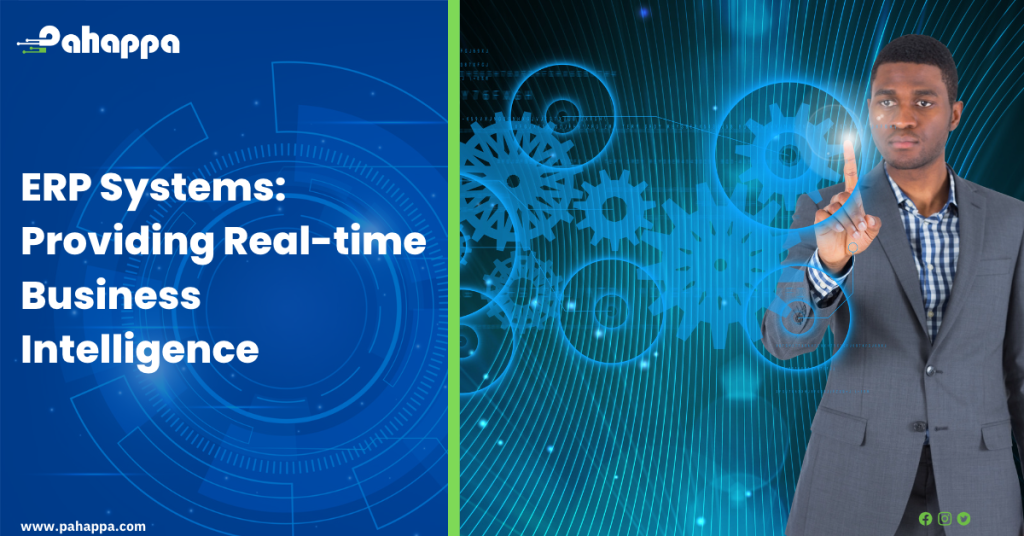Enterprise Resource Planning (ERP) systems are software applications that organizations use to manage their business processes. These systems integrate different functions such as finance, human resources, supply chain management, and customer relationship management into a single database.
One of the key advantages of ERP systems is their ability to provide real-time business intelligence. This means that organizations can access information about their operations, finances, and customer interactions in real time. This information can be used to make data-driven decisions and respond quickly to changes in the business environment.
Here are some ways in which ERP systems provide real-time business intelligence:
- Centralized data repository: ERP systems provide a single, centralized database that stores all the company’s data, including financial, operational, and customer data. An organization can use an ERP system to track its sales performance in real-time, which allows it to adjust its marketing strategies and pricing in response to changes in the market. This allows for real-time access to accurate and up-to-date information, regardless of where the data originated.
- Real-time reporting: ERP systems provide real-time reporting capabilities, allowing users to generate reports on-demand, rather than waiting for pre-scheduled reports to be generated. ERP systems are designed to integrate and automate a company’s business processes, allowing for real-time access to information across the organization. By providing a centralized database for all departments and functions, ERP systems provide real-time business intelligence by consolidating and analyzing data from various sources. This enables users to make informed decisions based on the most up-to-date information available.
- Automated workflows: ERP systems automate business processes, such as procurement, inventory management, and order fulfilment. An organization using an ERP system can track its inventory levels in real-time, which allows it to make informed decisions about when to reorder supplies. This automation streamlines processes and reduces the likelihood of errors, which helps to ensure that data is accurate and up-to-date.
- Dashboards and analytics: ERP systems often include dashboards and analytics tools that provide real-time insight into key performance indicators (KPIs) and other metrics. By integrating different functions into a single database, ERP systems ensure that all stakeholders have access to the same information. This reduces the risk of data inconsistencies and improves the accuracy of decision-making. ERP systems provide real-time business intelligence that allows organizations to make data-driven decisions and respond quickly to changes in the business environment. This allows users to monitor business performance in real-time and make data-driven decisions.
In conclusion, an ERP system provides real-time business intelligence by consolidating data from various sources, automating business processes, and providing real-time reporting and analytics tools. This enables companies to make informed decisions quickly and efficiently, giving them a competitive edge in today’s fast-paced business environment. To find out more about ERP systems and why your business needs one, click here.











